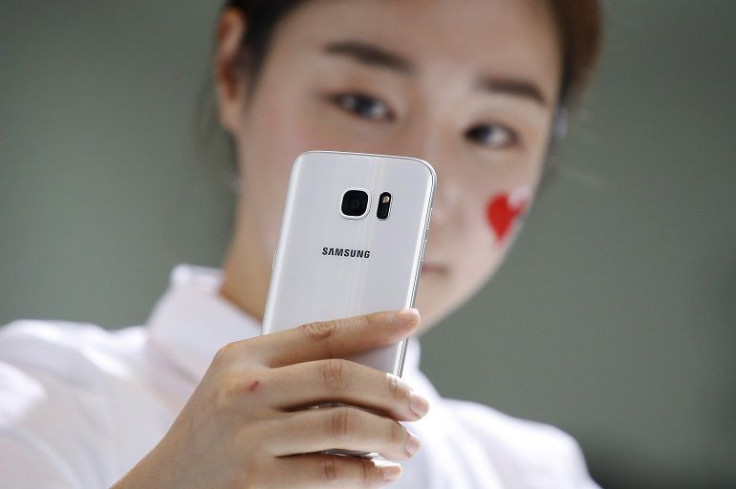
FaceApp — an artificial intelligence or AI-powered photo-editing app for iOS and Android developed by Russian company Wireless Lab — was initially released in 2017. The app is able to instantly generate very realistic transformations of faces in photographs — from adding smiles to them to more drastic changes such as turning males to females. Indeed, the app has recently experienced a viral resurgence as people all over the world have had fun with its "old age filter."
Even celebrities like Noah Centineo, Drake, James Marsden, Kim Kardashian, Gordon Ramsay, Sam Smith, Carrie Underwood and many others have had fun sharing FaceApp's projections of how they would look as senior citizens. Naturally, this encouraged even more people to try the app.
Amid all the fun, some people have warned against using FaceApp. A TechCrunch report noted that "concerns had been raised that FaceApp uploads users' photos to the cloud — without making it clear to them that processing is not going on locally on their device."
To understand where that fear is coming from, it's necessary to learn how FaceApp works. First, of course, you download it on your smartphone or any other gadget that can run it. Then, you open or launch the app. You'll get a live view of your smartphone camera with a head-shaped overlay.
You position your face within the said overlay, which disappears when your face is already in the right position. You then tap the shutter button. Once the processing of the photo is done, you can then decide what filter you'd want to apply to it.
The process can also be done to all other photos in your gallery that meet the app's specifications.
The question is, "What does FaceApp do with all the uploaded images?" Well, the company may store the photos users have chosen to upload in the cloud for a designated period.
In a statement addressing privacy concerns, the company said, "Most images are deleted from our servers within 48 hours from the upload date." It further assured that they "don’t sell or share any user data with any third parties" and that "even though the core R&D team is located in Russia, the user data is not transferred to Russia."
In any case, a CNN feature offered this observation: "The FaceApp episode highlights how, after more than a year of high-profile privacy scandals in the tech industry, consumers still don't adequately scrutinize services before handing over their sensitive personal data."

© 2025 Latin Times. All rights reserved. Do not reproduce without permission.




